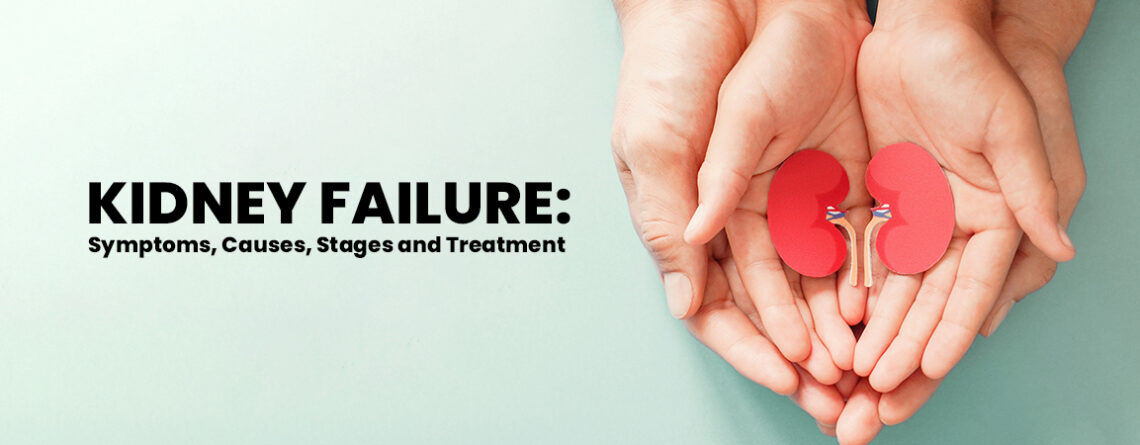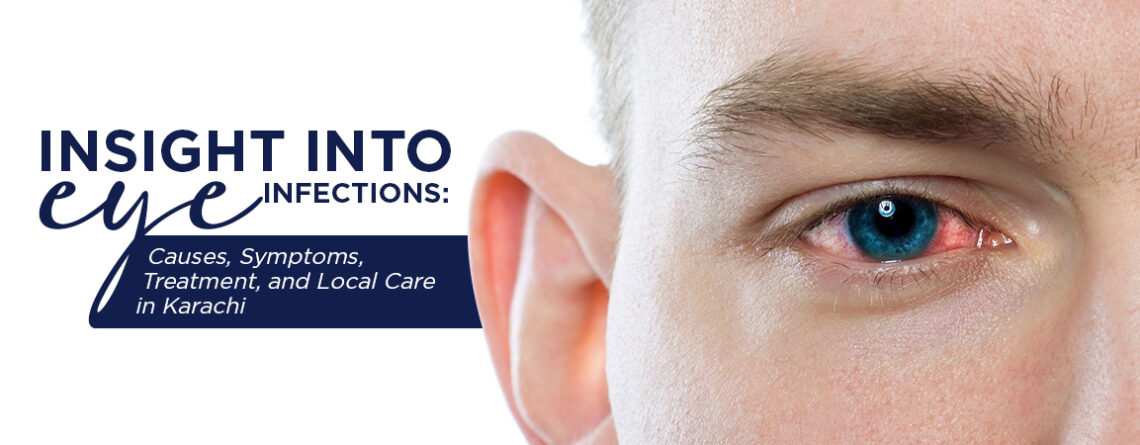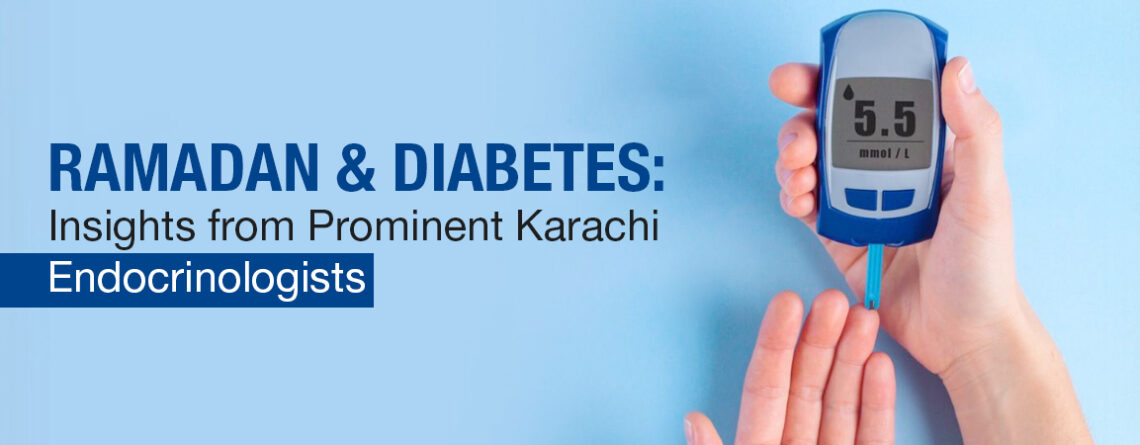Early Pregnancy Symptoms
Often, the earliest signs of pregnancy can be subtle and easily overlooked. Recognizing these symptoms can be crucial, especially for those eagerly trying to conceive. Understanding the early pregnancy symptoms can help individuals recognize the beginnings of this incredible journey and take appropriate steps toward prenatal care. What Are Early Pregnancy Symptoms? Early pregnancy symptoms are the subtle indicators that a woman may experience in the initial stages of pregnancy, typically within the first few weeks after conception. These signs are the body's way of adjusting to the hormonal changes that occur during pregnancy. Although not every woman encounters identical symptoms, several typical signs can offer hints that conception has occurred. 1 Week Pregnancy Symptoms: The Early Signs At just one week into pregnancy, the signs may not be overt, but the body is already undergoing significant changes. Implantation bleeding is among the initial pregnancy symptoms that women may encounter. This occurs when the fertilized egg attaches itself to the uterine lining, causing light spotting or bleeding. While it may be mistaken for a light period, implantation bleeding typically occurs around the time of the expected period but is lighter and shorter in duration. Another common early pregnancy symptom at this stage is mild cramping....











